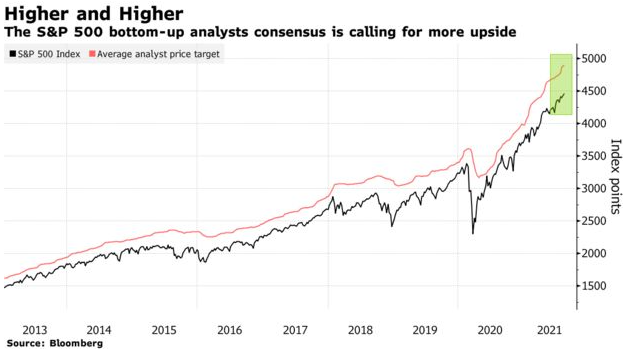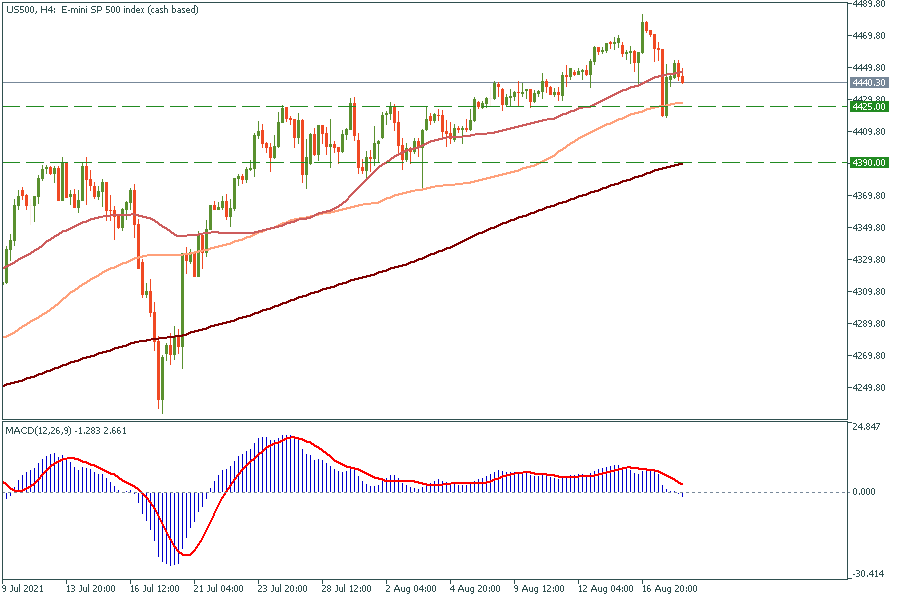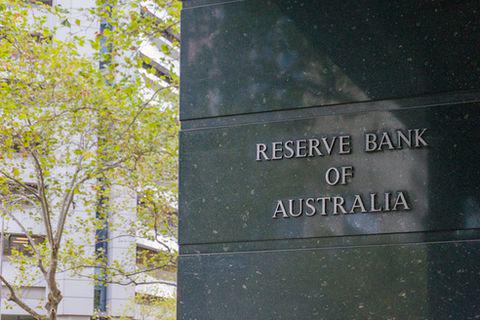
The G20 summit took place in Bali, Indonesia, on November 2022…

Don’t waste your time – keep track of how NFP affects the US dollar!
Data Collection Notice
We maintain a record of your data to run this website. By clicking the button, you agree to our Privacy Policy.

Beginner Forex Book
Your ultimate guide through the world of trading.
Check Your Inbox!
In our email, you will find the Forex 101 book. Just tap the button to get it!
Risk warning: ᏟᖴᎠs are complex instruments and come with a high risk of losing money rapidly due to leverage.
68.53% of retail investor accounts lose money when trading ᏟᖴᎠs with this provider.
You should consider whether you understand how ᏟᖴᎠs work and whether you can afford to take the high risk of losing your money.
Information is not investment advice
Wall Street analysts are the most bullish on stocks in almost two decades. About 56% of them recommend buying S&P500 stocks. It is the largest indicator value since 2002. Such bullish sentiment was caused by the highly successful earnings season.
Analysts are gaining optimism as the stock market gains continuously and companies outperform even the highest expectations. The Q2 earnings season was one of the strongest in history. At the moment, it looks like neither Delta variant COVID cases growth, nor China’s regulator crackdown are able to change traders’ sentiment as S&P500 doubled since March 2020 dump.
Analysts are bullish not only towards the US stock market, in Europe and Asia the number of bullish predictions reached 10-year heights.
Analysts predict S&P500 12% growth and 21% HK50 growth within 12 months.

However, traders shouldn’t lose control over their trading strategies as the market moves in whatever direction hurts the most participants. This bullish sentiment combined with a risk of inflation growth can play a bad joke on everyone.
4H Chart

At the moment, S&P500 is heading towards the 100-period moving average. If the price breaks this support through, the next target will be 4390, which will be a good buy option as in this case the price will locate near the bottom line of the channel S&P500 have been moving into since March 2020.

The G20 summit took place in Bali, Indonesia, on November 2022…

The deafening news shocked the whole world yesterday: the British Queen Elizabeth II died peacefully at the age of 96…

After months of pressure from the White House, Saudi Arabia relented and agreed with other OPEC+ members to increase production.

eurusd-is-falling-what-to-expect-from-the-future-price-movement

Greetings, fellow forex traders! Exciting news for those with an eye on the Australian market - the upcoming interest rate decision could be good news for Aussies looking to refinance or take out new loans. The Mortgage and Finance Association Australia CEO, Anja Pannek, has...

Hold onto your hats, folks! The Japanese yen took a nosedive after the Bank of Japan (BOJ) left its ultra-loose policy settings unchanged, including its closely watched yield curve control (YCC) policy. But wait, there's more! The BOJ also removed its forward guidance, which had previously pledged to keep interest rates at current or lower levels. So, what's the scoop? Market expectations had been subdued going into the meeting, but some were still hoping for tweaks to the forward guidance to prepare for an eventual exit from the bank's massive stimulus
Your request is accepted.
We will call you at the time interval that you chose
Next callback request for this phone number will be available in 00:30:00
If you have an urgent issue please contact us via
Live chat
Internal error. Please try again later